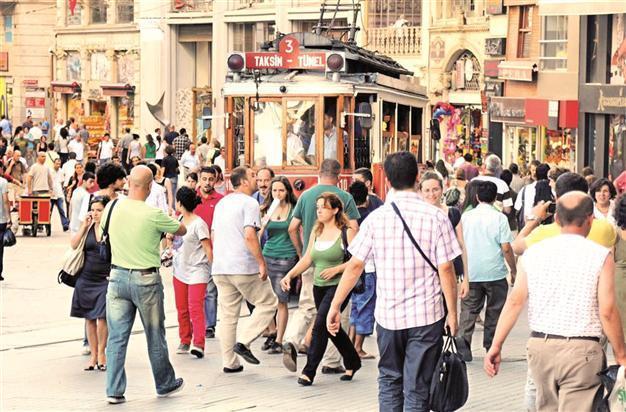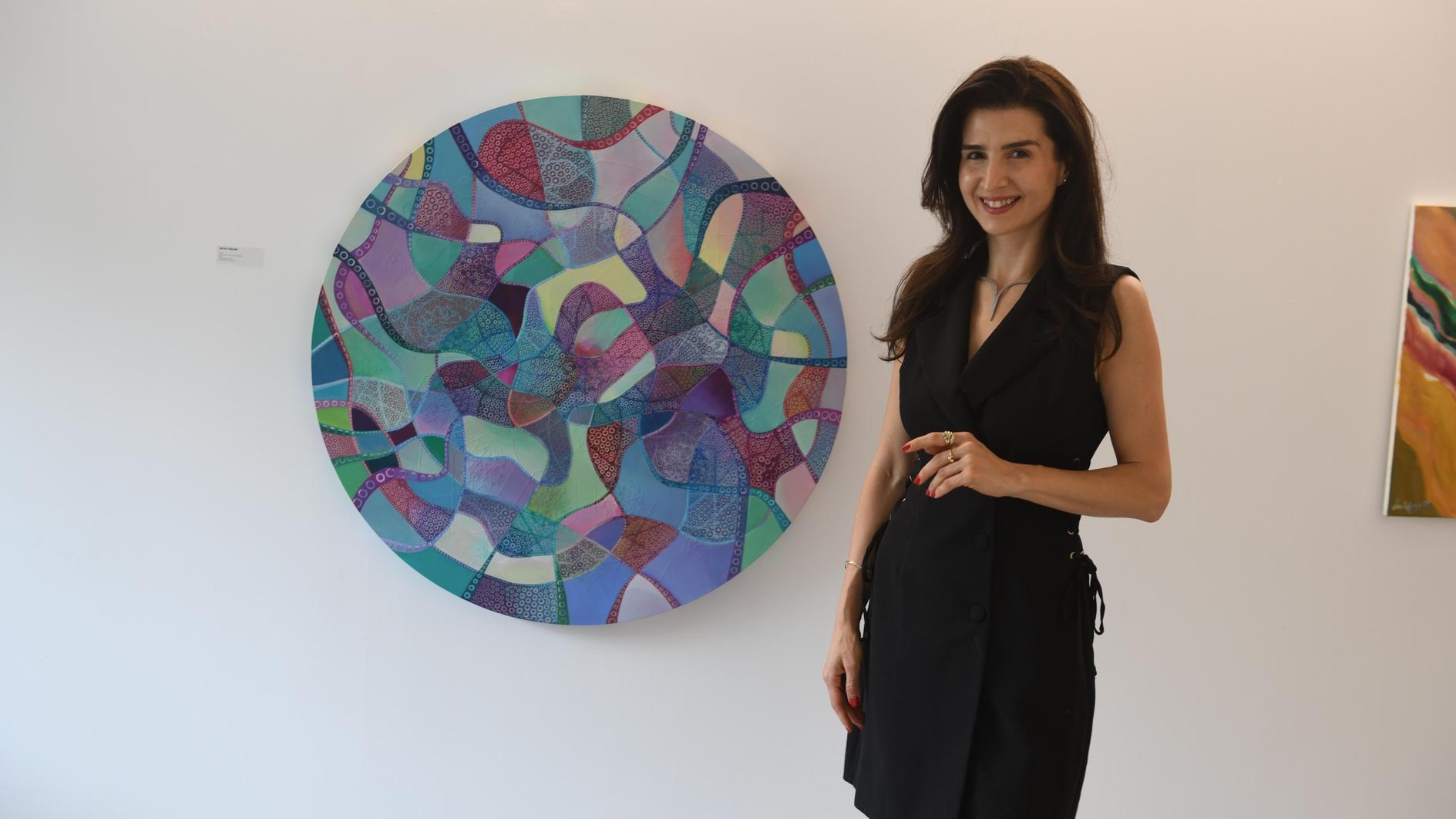Turks least happy among OECD nations
ISTANBUL - Hürriyet Daily News

Turkey fails to maintain high living standards in a number of areas, according to the OECD index.
Turkey ranks worst among 26 OECD countries with regards to people’s happiness, and is failing to maintain high living standards in a number of areas.Despite making “considerable progress” in improving the quality of life of its citizens over the last two decades, Turkey ranks at the bottom of four topics, accompanied by a huge gap with the countries just above, according to the OECD “better life index,” which compares wellbeing across 26 countries, based on 11 areas.
The study found that Turks are less satisfied with their lives than the OECD average, although 68 percent of people did say they have more positive experiences in an average day (feelings of rest, pride in accomplishment, enjoyment, etc) than negative ones (pain, worry, sadness, boredom, etc). The OECD “life satisfaction” average is 80 percent.
In terms of relations with the community, jobs and employment, housing conditions and work-life balance, Turkish citizens experience the poorest quality in the OECD.
In total, it ranked among the worst five in eight different areas.
First of all, people in Turkey are deprived of an important means of achieving better living standards: money. In Turkey, the average household net-adjusted disposable income is much lower than OECD average of $23,047 a year.
In terms of employment, 48 percent of people aged 15 to 64 in Turkey have a paid job, less than the OECD employment average of 66 percent.
The index also indicates that problems don’t end when Turks find a job. Working people in Turkey work more, at an average of 1,877 hours a year. Forty-six percent of workers have to work “very long hours,” which is 9 percent worse than the 26-country average.
Having a good education is an important requisite for finding a job, and in Turkey 31 percent of adults aged 25-64 have earned the equivalent of a high-school degree, much lower than the OECD average of 74 percent.
The only parameter which is better in Turkey than the OECD average is the voter turnout, which is considered an indicator of the public’s trust in government and of citizens’ participation in the political process. While Turks’ participation in the most recent election was 88 percent, the OECD average 72 is percent.
Concerning the public sphere, there is a moderate sense of community and high levels of civic participation in Turkey. Seventy-three percent of people believe they know someone they could rely on in time of need, less than the OECD average of 90 percent.
















